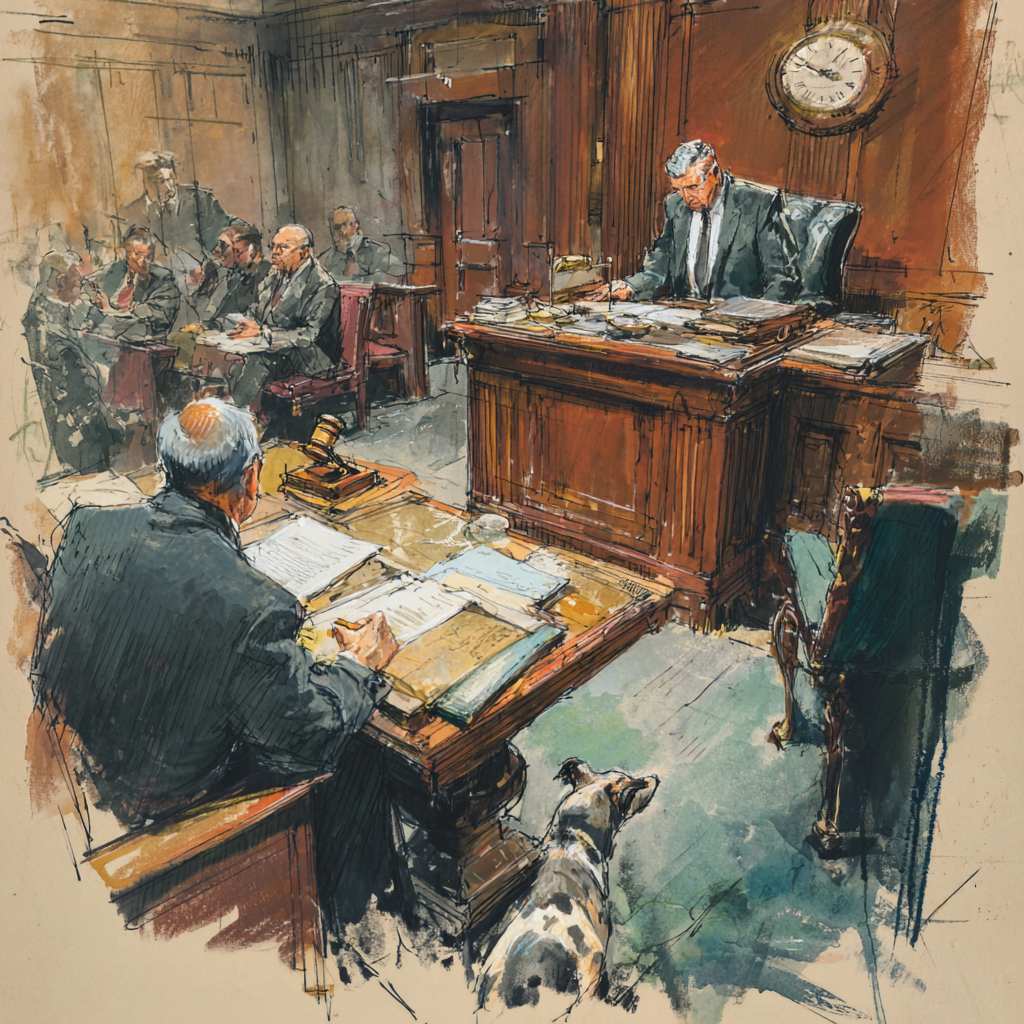In the matter of Sunshine Imaging Association/wny Mri v Government Employees Ins. Co., 2009 NY Slip Op 06984 (4th Dept. 2009), the Appellate Division, Fourth Department finally chimed in as to what constitutes a prima facie case in a no-fault action. The last time the Fourth Department discussed this issue, they held that a plaintiff, as part of its prima facie case, needed to prove that a service was medically necessary. It looks like the Fourth Department has now joined the other Appellate Divisions, as to the elements of a prima facie case.
The Court held as follows: “Although plaintiff made a prima facie showing of entitlement to judgment as a matter of law by submitting evidence that the prescribed statutory billing forms were received by defendant and that defendant’s payment of no-fault benefits to plaintiff was overdue (see A.B. Med. Servs., PLLC v Liberty Mut. Ins. Co., 39 AD3d 779, 780; LMK Psychological Servs., P.C. v Liberty Mut. Ins. Co., 30 AD3d 727, 728), defendant raised a triable issue of fact by submitting its denial of claim forms setting forth that the services for which plaintiff sought to recover no-fault benefits were not medically necessary (see Countrywide Ins. Co. v 563 Grand Med., P.C., 50 AD3d 313, 314; A.B. Med. Servs., PLLC, 39 AD3d at 780-781).”
Finally, the Appellate Division, Fourth Department, in discussing whether severance of a joined claim was acceptable, stated the following: “Although this action was commenced “by a single assignee against a single insurer and all [causes of action] allege the erroneous nonpayment of no-fault benefits . . ., they arise from [14] different automobile accidents on various dates in which the [14] unrelated assignors suffered diverse injuries and required different medical treatment” (Poole v Allstate Ins. Co., 20 AD3d 518, 519).”
The Appellate Division, Fourth Department, at least as to severance, has followed the lead of the First and Second Departments, when it found that severance was appropriate in the above circumstance. Notably, the Appellate Division, Fourth Department, has declined, in the severance arena, to follow Third Department precedent, which unconditionally permits the joinder of all claims against a common insurance carrier.
To those who practice in Buffalo on the Plaintiff’s side, you must be breathing a sigh of relief after reading this case. Nobody can now ethically hold you to the Hobby v. CNA standard requiring a plaintiff to make a prima facie showing, in the first instance, that a service is medically necessary.









